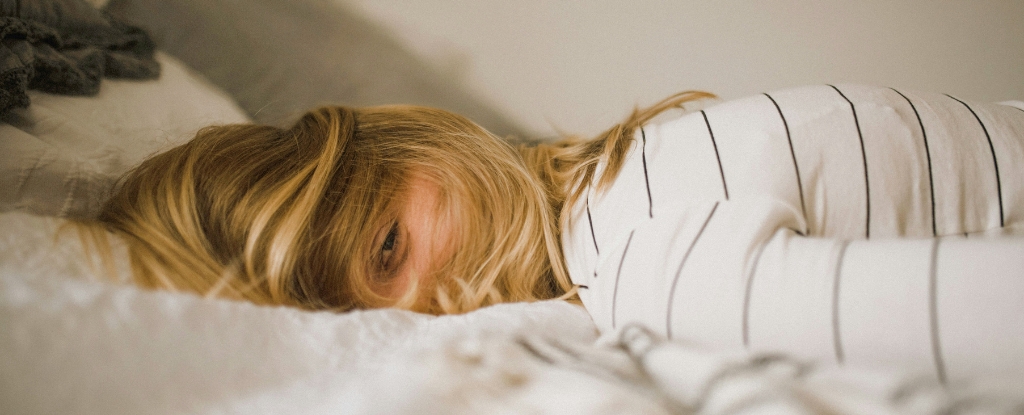
A growing body of research indicates that women, on average, may require slightly more sleep than men, yet they often encounter barriers that hinder their ability to feel rested. While popular platforms such as TikTok and Instagram suggest women need up to two hours more sleep, scientific studies paint a more nuanced picture. This complexity intertwines biological, psychological, and societal factors that significantly influence sleep quality.
Understanding Sleep Patterns Between Genders
Studies measuring sleep duration have consistently shown that women sleep about 20 minutes longer than men. A global study involving nearly 70,000 participants who used wearable sleep trackers found that women aged 40 to 44 typically sleep between 23 to 29 minutes longer than their male counterparts. Another comprehensive study using polysomnography confirmed that women not only sleep longer but also spend more time in deep sleep—approximately 23 percent of the night compared to 14 percent for men.
Despite these findings, women frequently report poorer sleep quality and are around 40 percent more likely to be diagnosed with insomnia. This discrepancy raises questions about the factors influencing sleep in real-life scenarios versus laboratory settings.
Factors Influencing Women’s Sleep Health
Biological changes play a significant role in sleep disturbances, particularly during puberty, pregnancy, and perimenopause. Fluctuations in ovarian hormones, especially estrogen and progesterone, correlate with sleep quality variations. Many women experience sleep challenges during their premenstrual phase, when hormone levels decline. The decline in estrogen during perimenopause is notably linked to increased sleep disruptions, such as waking at 3am and difficulty returning to sleep.
In addition to biological factors, psychological elements are critical. Women are statistically at a higher risk for conditions such as depression and anxiety, which often accompany sleep disorders. Cognitive patterns, including excessive worry and rumination, further complicate sleep quality. Antidepressant prescriptions also tend to be more common among women, with these medications frequently impacting sleep.
Societal roles contribute significantly to sleep difficulties as well. Research from the Australian Government indicates that women perform an average of nine more hours of unpaid caregiving and household work each week than men. This imbalance can lead to limited opportunities for daytime rest, placing additional pressure on sleep to provide necessary recovery.
While objective measurements suggest women may sleep longer and deeper, their experiences often reveal a different reality. Many women, particularly those in perimenopause, juggle demanding jobs, parenting responsibilities, and other pressures that can contribute to fatigue. Even with adequate or high-quality sleep, they may still feel unrested due to underlying health issues or emotional stress.
Furthermore, existing research often overlooks gender-diverse populations, limiting the understanding of how sleep is influenced not only by biology but also by identity and social contexts.
In conclusion, while evidence supports that women may need slightly more sleep than men, the more pressing issue lies in the necessity for greater support and opportunities for women to recharge throughout the day and night. Emphasizing this holistic view of sleep can help bridge the gap between laboratory findings and real-world experiences, ensuring that women’s sleep health receives the attention it deserves.
This article is based on research conducted by Amelia Scott, an Honorary Affiliate and Clinical Psychologist at the Woolcock Institute of Medical Research and a Research Fellow at Macquarie University, and is part of a broader conversation on gender and health.







